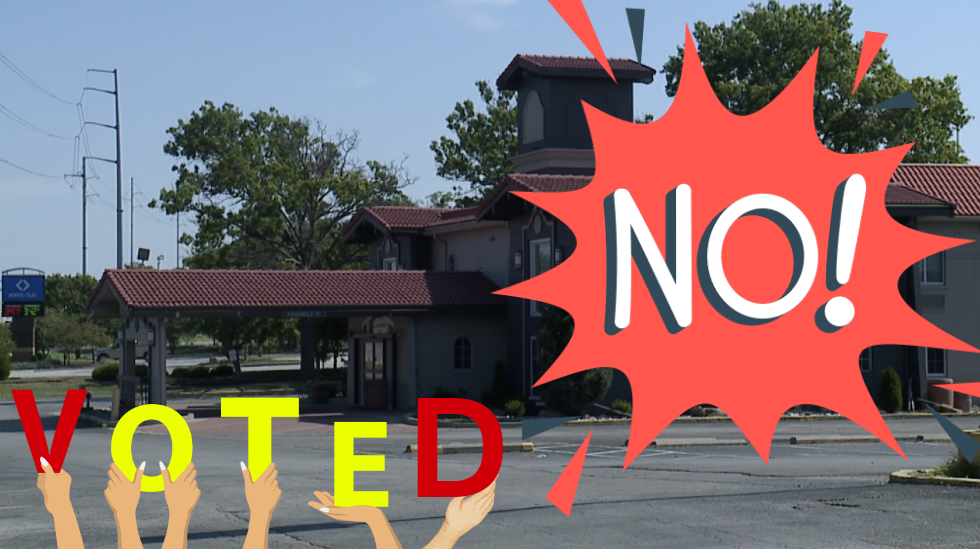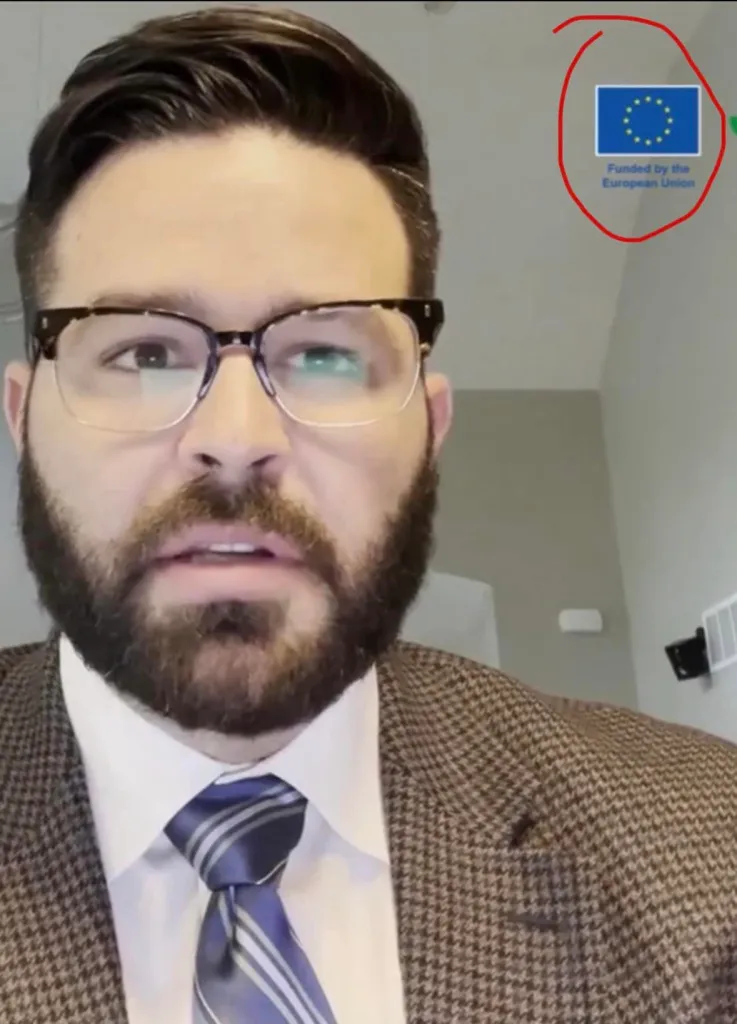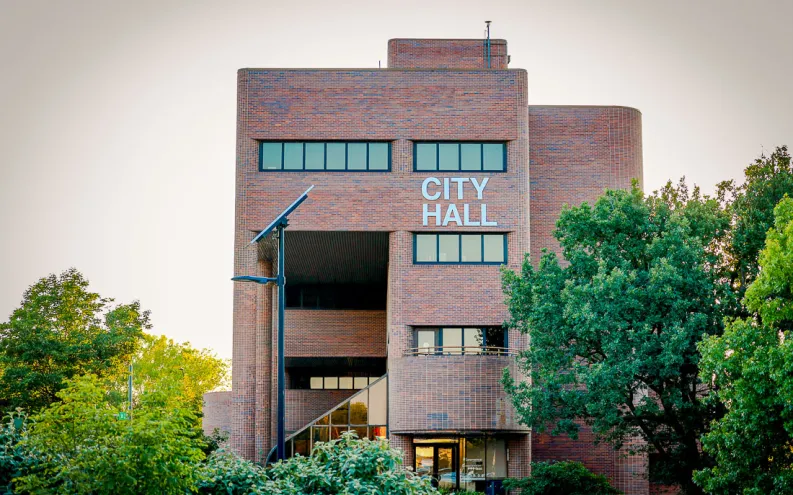What is a Special Use Permit?
Zoning classifications determine how development can occur and which uses are permitted within each zone. Some uses are allowed with approval of a Special Use Permit in a particular zoning district. A Special Use Permit is generally required when the use, due to its size or external impacts, needs greater scrutiny and may require special conditions to mitigate its impact. Special Use Permits are reviewed by both the Planning Commission and the City Council.
Special Use Permits are common in the planning process and are required for a large range of uses. Other uses allowed with a Special Use Permit include cemeteries, cultural services, daycares, public safety services, schools, utilities and wireless communications facilities.
How special use permits are evaluated
The Planning Commission and City Council use specific criteria set out in City Code to evaluate Special Use Permit applications. Factors considered include the following:
- Character of the neighborhood.
- Suitability of the subject property for the uses to which it has been restricted.
- Extent to which removal of the restrictions will detrimentally affect nearby properties.
- Zoning/uses of property nearby.
- Relative gain to the public health, safety and welfare by the destruction of the value of the landowner’s property versus hardship imposed on the landowner.
- Length of time a property has remained vacant as zoned.
- Conformance of the requested change to the adopted or recognized Comprehensive Plan.
- Recommendations of permanent or professional staff.
To be considered for a Special Use Permit, an applicant for a homeless shelter must also submit a binding Management Plan, which includes the following details:
- A description of the nature and characteristics of the shelter and description of all supportive services provided.
- An emergency/security plan that addresses security for staff, volunteers and guests as well as how responses to medical and other emergencies will be handled.
- An interior floor plan showing sleeping areas, common areas, kitchens and bathroom facilities and emergency exits.
- A staff plan noting the number of employees per guest during daytime and nighttime operating hours and statement of staff qualifications.
- Transportation plan describing how guests will be transported to and from the site.
- A communication plan that establishes how the shelter will regularly communicate with neighbors and police.
- An outline of the “Rules of Conduct” for guests.
In addition to the Special Use Permit, the applicant must obtain a Certificate of Occupancy, which verifies that it complies with all building and fire codes.
The Application Process
The Special Use Permit application follows a detailed process outlined in City Code and Kansas state law:
- Staff review. Once an application is formally submitted, it is reviewed by City staff from several departments. Staff and the applicant exchange comments and revisions until the project is ready to be reviewed by the Planning Commission. Each project reviewed by the Commission is accompanied by a recommendation of approval, approval with conditions, or denial from City staff.
- Public notice. The applicant must mail a notice of public hearing at least 20 days before the hearing to all property owners within 200 feet of the project’s property line. They also must post a notification sign visible from the public street. The City also posts a public notice on its website and official City newspaper.
- Planning Commission and public hearing. During a Planning Commission meeting, the applicant makes a presentation, followed by a staff presentation analyzing the project. Members of the public are then invited to provide input during a public hearing. You can submit written comments regarding the proposal, which will be part of the meeting packet and entered into the public record by emailing [email protected]. The Commission then votes on a recommendation for the City Council to approve, approve with conditions, or deny the proposal.
- Protest period. A 14-day protest period begins after the Planning Commission holds a public hearing. During this time, a petition protesting the Special Use Permit can be filed with the city clerk. If a valid petition is filed, three quarters of Governing Body members must vote to approve the permit.
- City Council consideration. The City Council will then consider the application at a public City Council meeting. Following presentations by City staff and the applicant, the mayor will typically allow public comment. The City Council will then vote one of three ways:
- Approve. The Council can approve the Special Use Permit in whole or in part, with or without modifications and conditions.
- Remand. The Council can send the application back to the Planning Commission with specific direction regarding what should be reconsidered.
- Deny. If the Special Use Permit is denied, the same application cannot be resubmitted for one year (unless waived, under criteria set forth in the City Code).




